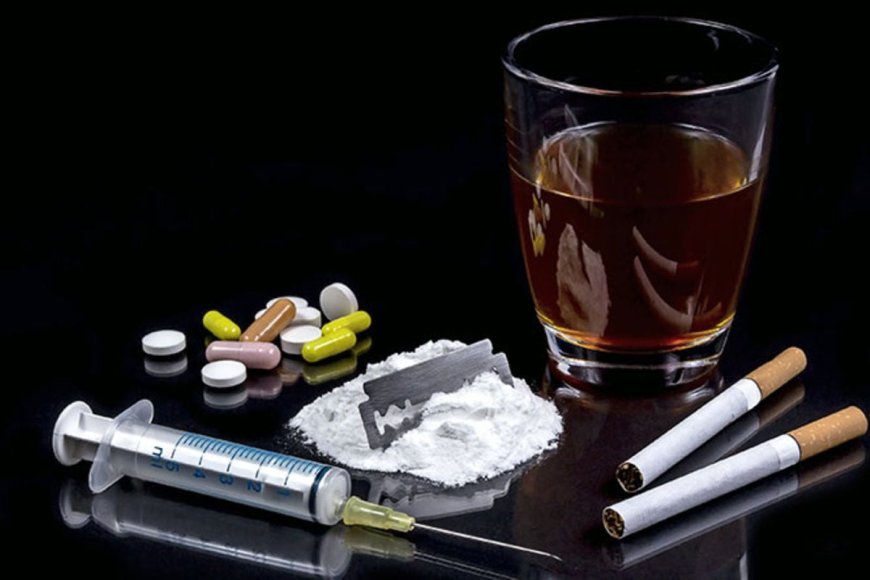Govt Unveils New Strategy In War On Drugs
The launch concluded with a rallying cry for nationwide implementation.

In a bold pivot away from punitive crackdowns, the Kenyan government has officially launched a game-changing strategy to tackle the country’s deepening drug and alcohol abuse crisis.
Unveiled on Thursday, April 24 at the Kenya Institute of Curriculum Development (KICD), the Community-Based Rehabilitation Framework for Substance Use Disorders is Kenya’s strongest signal yet that it’s ready to treat addiction not just as a criminal issue, but as a health and social emergency.
Presiding over the launch, Raymond Omollo, Principal Secretary for Internal Security, emphasised the devastating impact of substance abuse on Kenya’s security and social fabric.
“Drug and alcohol abuse are fueling crime, domestic violence, extremism, and lost potential among our youth,” he stated, adding, “We cannot police our way out of this crisis—we must address its root causes through prevention, treatment, and reintegration.”

PS Interior Raymond Omollo and NACADA Board Chair Stephen Mairori during the launch of the Community-Based Rehabilitation Framework for Substance Use Disorders (SUDs) on April 24, 2025. /NACADA
PS Omollo highlighted alarming trends linking substance abuse to insecurity. This includes rising crime, with addicts resorting to theft and violence to sustain their habits.
Illicit alcohol was blamed for family breakdowns, contributing to domestic violence and economic decline in rural areas, whereas extremist groups, through terrorist recruitment, exploit vulnerable, drug-dependent youth.
Further, minor offenders are hardened into repeat criminals due to a lack of rehabilitation, leading to prison overcrowding. “This is not just a health issue—it is a national security threat,” PS Omollo declared.
Developed by the National Authority for the Campaign Against Alcohol and Drug Abuse (NACADA), the framework leans into community-led, science-backed solutions that focus on prevention, treatment, and reintegration. It focuses on:
- Prevention: School-based anti-drug programs and public awareness campaigns.
- Accessible Treatment: Expansion of affordable, culturally sensitive rehab centres nationwide.
- Justice Reform: Diverting non-violent offenders to rehabilitation instead of prison.
- Community Ownership: Empowering local leaders, Nyumba Kumi initiatives, and grassroots organisations to identify and address drug hotspots.
NACADA Chief Executive Officer (CEO), Dr. Anthony Omerikwa, underscored the framework’s evidence-based strategies, including early detection, stigma reduction, and strengthened referral systems.
“This is a call to action for all stakeholders—from health workers to village elders—to unite in saving our communities,” he said.
A recent report by NACADA on drug and substance abuse showed the prevalence of alcohol among university students, with alcohol consumption reported by 87.3% of students, followed by cigarette use at 64.4% and shisha at 41.2%.
Besides alcohol, students also reported using other substances, including vaping (31%), nicotine pouches (30.7%), kuber (23%), and snuff or chewed tobacco (22.1%).
In NACADA's report, 66.4 percent of those surveyed indicated that their friends were the main sources of drugs. If not friends, students also get their drugs from canteen/bar/premises within the neighbourhood at 59.3 percent with fellow students within the institution following suit at 56 percent.







